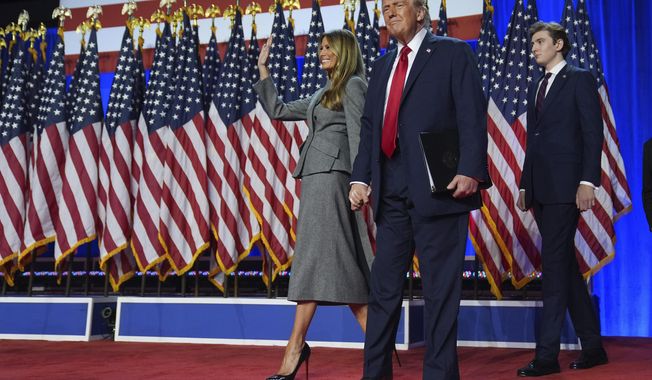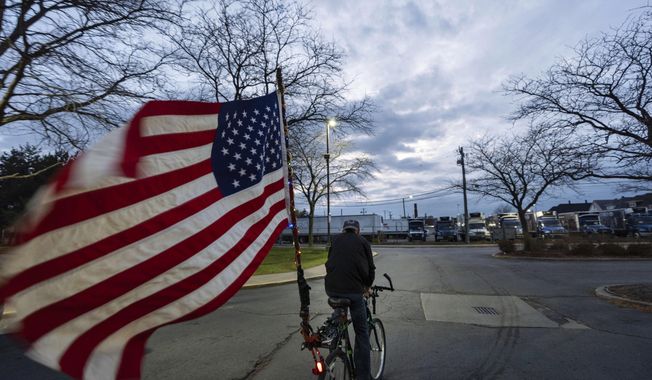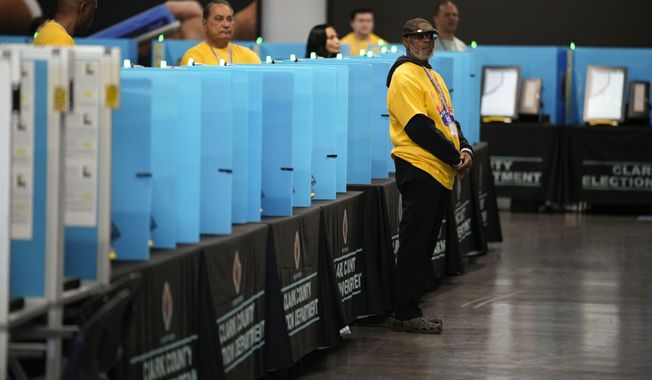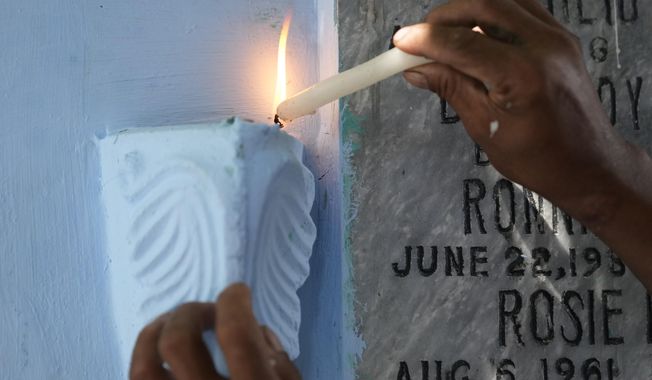
In this Tuesday, Feb. 4, 2020 photo, an Indian woman holds a candle and placard during a protest against the sedition case filed by police against a school after a play preformed by students denouncing a new citizenship law, in Bangalore, India. Critics, intellectuals, human rights activists, filmmakers, students and journalists in seen as opposed to Indian Prime Minister Narendra Modi's government are being increasingly silenced under a colonial-era sedition law. Official data reveal as many as 332 people were arrested under the law between 2016 and 2018, though only seven were convicted, suggesting that the police have struggled to gather evidence against the accused. (AP Photo/Aijaz Rahi)
Featured Photo Galleries
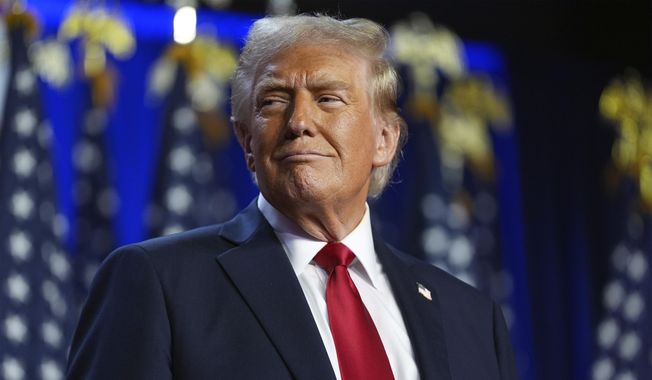
Trump Transition: Here are the people Trump has picked for key positions so far
President-elect Donald Trump has announced a flurry of picks for his incoming administration. Get full coverage of the Trump transition from The Washingon Times.
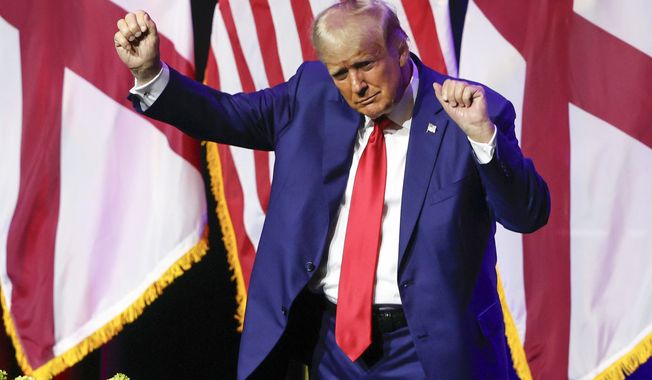
Trump dances onstage, takes post-election nation by storm
President-elect Trump dances onstage




